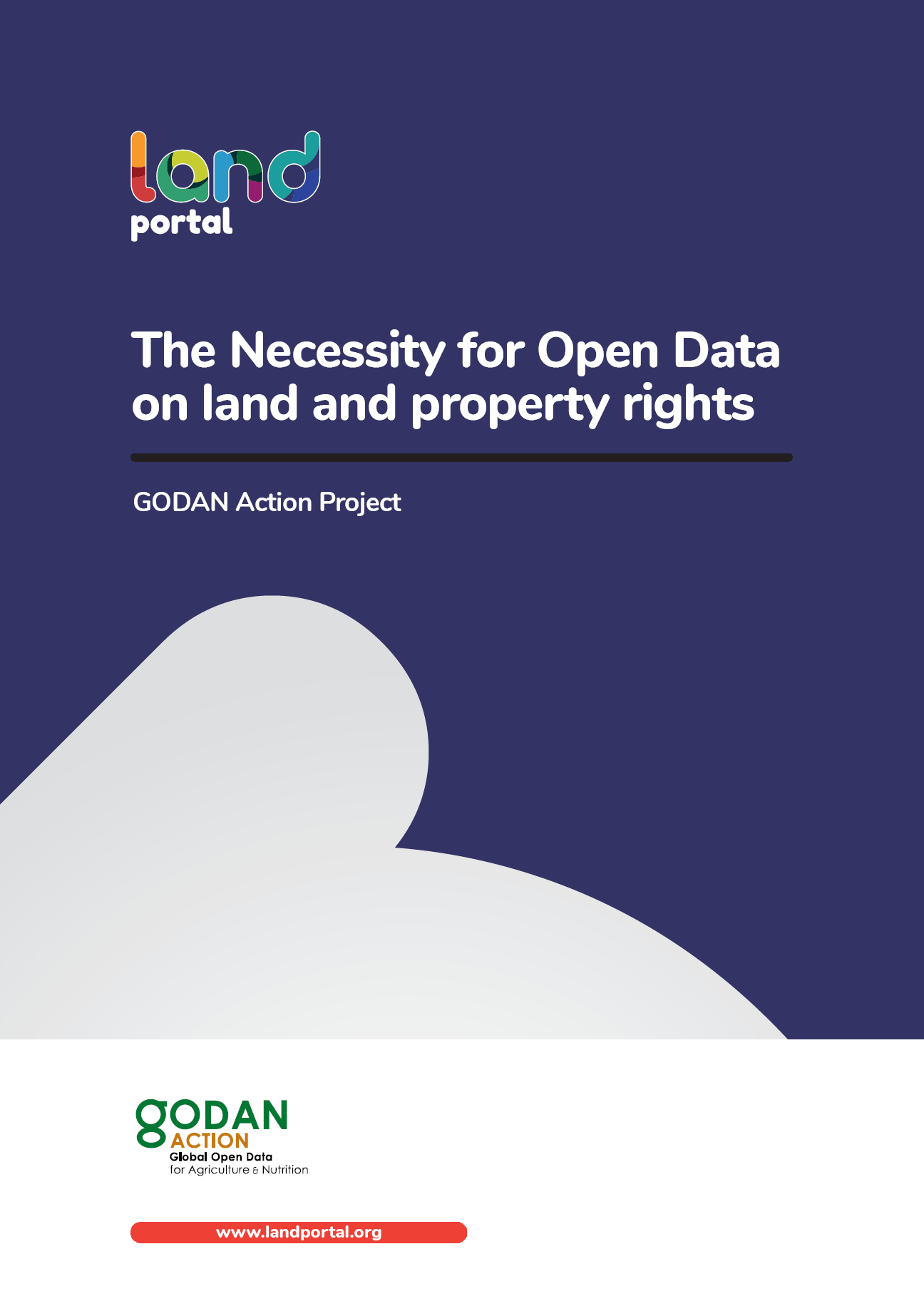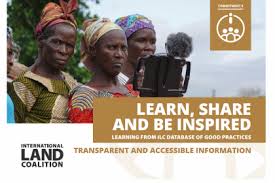Land and Water Grabbing. A Discussion of Integrity Implications and Related Risks
Examines the link between land and water grabbing, the people that are most impacted by this, and legal frameworks related to both land and water rights. Describes the impacts of land and water grabbing in Kenya and Ethiopia. Examines integrity risks in the Ethiopian government’s leasing of land and water resources to foreign investors, and the land reform process in Kenya after the launch of the 2010 Kenyan Constitution. This summary document identifies how powerful actors are taking control of land and water resources at the expense of poorer, local communities.








